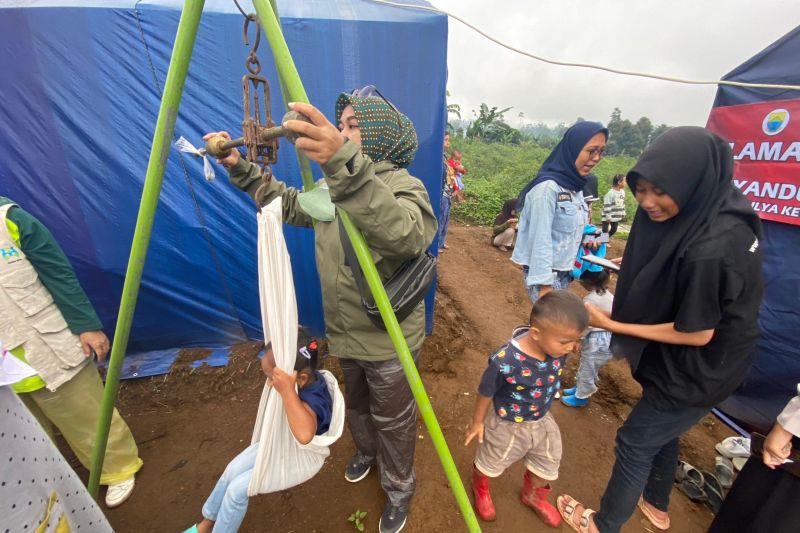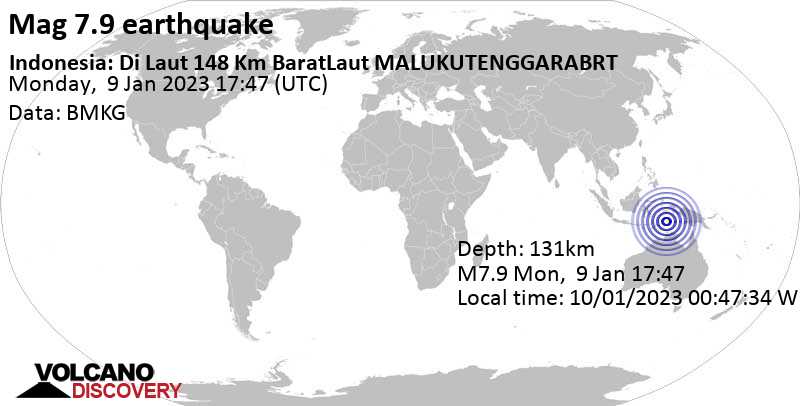The country is facing a long journey to building healthy, productive, and competitive human resources because of the complex factors that lead to stunting.
The stunting reduction acceleration program has entered its third year in 2023.
Though the time left for the government to realize its target of reducing national stunting prevalence to 14 percent by 2024 is running low, the stunting rate was still at 21.6 percent in 2022, according to the Indonesian Nutrition Status Study (SSGI).
Under the leadership of the National Population and Family Planning Agency (BKKBN), the stunting reduction acceleration program is targeting adolescents, prospective brides and grooms, pregnant women, breastfeeding women, and mothers with children aged 0–59 months.
After setting the target, the government has implemented a stunting case audit as a priority activity under the National Action Plan to Accelerate Stunting Reduction (RAN PASTI), which seeks to help narrow down stunting factors and their handling measures.
Head of BKKBN Hasto Wardoyo claimed that the clinical audit of stunting cases has identified several problems that can cause stunting in children.
The audit, which started in April 2022, has found that the main cause of stunting in Indonesian children is lack of nutritional intake in the form of animal proteins.
Acting director of nutrition and child and maternal health at the Health Ministry, Ni Made Diah Permata Laksmi, agreed with the audit’s findings.
According to data released by the United Nations’ Food and Agriculture Organization (FAO) in 2019, Indonesians’ meat consumption level is still relatively low at less than 40 grams per capita per week.
The number is four times lower compared to other countries such as Australia and European countries, where meat consumption can reach more than 160 grams per capita per week.
This cannot be separated from the tendency of Indonesian children to consume instant, junk, and unhealthy foods that are high in sugar and highly inflammatory saturated fats.
Wardoyo said junk foods do not meet children’s micronutrient needs. Sadly, many Indonesian families are under the assumption that food that attracts children can make them feel full and meet their nutrition, but this can be a problem, he added.
“The (sellers) can put as little as possible animal proteins in junk food. We do not know if there is animal protein from fish and meat as what is promoted. The danger is that children like to eat it but only get protein-flavored carbohydrates,” he explained.
Chairperson of the Indonesian Pediatrician Association (IDAI), Dr. Piprim Basrah Yanuarso, said that junk food may be filling, but it increases the risks of obesity and type 2 diabetes in many teenagers.
The stunting situation in Indonesia has also been exacerbated by the high number of mothers suffering from iron deficiency or anemia since adolescence.
The Health Ministry’s 2018 Basic Health Research has put the prevalence of anemia in adolescents at 32 percent, which means that 3–4 out of every 10 adolescents have anemia.
Wardoyo said that the high rate of anemia is caused by excessive weight loss diets, low consumption of blood supplements (TTD) in schools, and lack of physical activity from a young age.
BKKBN’s deputy for family planning and reproductive health, Eni Gustina, said that the audit has found that too-short intervals between pregnancies put children at risk of stunting because they make nursing less-than-optimal.
In addition, early pregnancy also makes the expecting mother and the fetus “fight for nutrients.”
The stunting case audit has also found a correlation between uninhabitable or slum environments and stunting.
Children who live in dirty and overcrowded environments that do not have a source of clean water or latrines are highly prone to the risk of tuberculosis (TB).
Tuberculosis can reduce a child’s appetite, resulting in unsatisfactory weight and height development. Dirty latrines can also cause diarrhea, which causes frequent vomiting and abdominal pain.
Integrated stunting handling
Based on these findings, the government has continued to bolster coordination and synergy to overcome stunting with the help of BKKBN’s Family Data Collection 2021 (PK-21) and other experts.
Meanwhile, the Ministry of Health has intensified specific interventions against stunting reduction such as the provision of blood supplement tablets to female teenagers in Grades 7 and 10.
“We want to ensure that our mothers and children are well taken care of by distributing weighing scales to 300 thousand integrated health posts (posyandus), so that all pregnant women can be checked by ultrasound/USG (device),” Health Minister Budi Gunadi Sadikin said.
The ministry is also encouraging stunting prevention through active case finding (ACF) of tuberculosis and providing BCG immunization.
The ministry is also continuing to bolster five stunting prevention movements, namely Nutritional Action, Healthy Pregnant Women, Active Posyandu, educational activities for cadres (Jambore Kader), and the “Preventing Stunting is Important” program.
The Public Works and Public Housing Ministry is also assisting in creating a decent and comfortable environment for families to live in by determining priority locations based on PK-21 data.
The ministry is intervening in stunting by renovating unhabitable homes that have no ventilation, latrines, and doors. Such work has been carried out in Belawan City, Medan, and South Timor Tengah district in East Nusa Tenggara.
Together with the Ministry of Agriculture, the use of inexpensive local foods such as moringa leaves, eggs, corn, and sorghum, is being increased to fulfill children’s nutritional needs.
The BKKBN and family assistance teams (TPK) in districts and cities are also creating demonstration kitchens to introduce healthy food menus.
The TPKs are not only focusing on family nutrition but also providing education on appropriate parenting patterns and monitoring family health conditions to prevent stunting.
Related news: Attractive snacks may not fulfill children’s nutritional needs: BKKBN
Related news: Stunting not only about low height for age: Jokowi




































